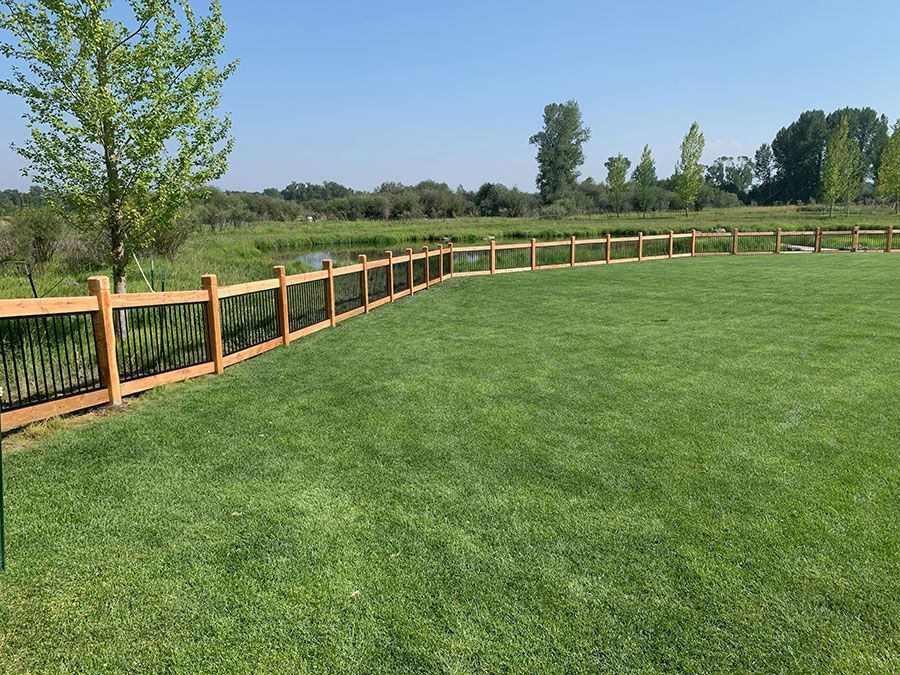Maintaining your fence doesn't always require a professional. With the right tools and a bit of know-how, you can handle many common issues yourself and save money. Here's how you can tackle basic fence care like a pro!
What You Need to Maintain Your Fence Yourself
Before diving into fence maintenance, make sure you have the right tools on hand. Here's a list of essentials for most DIY fence care projects:
- Hammer – For repairing loose nails or fixing broken boards
- Screwdriver – Great for tightening screws in wooden or metal fences.
- Post Level – Use a post level to guarantee your fence posts are perfectly aligned.
- Paint or Stain – Helps protect wood from the elements and extend its lifespan
- Wire Cutters – Useful for trimming wire fences or cutting away tangled vines
How to Tackle Common Fence Problems
Fixing a Loose Board
If you notice a loose or damaged board, fixing it is relatively simple:
- Use a hammer or screwdriver to remove any loose nails or screws.
- Reposition the board and fasten it with fresh nails or screws.
- Consider adding a corner bracket or additional reinforcement to ensure stability.
How to Stain and Seal Wooden Fences
Sealing and staining your wooden fence is crucial for protection against the elements and preserving its appearance:
- Begin with a thorough cleaning, ensuring you remove all dirt, debris, and mildew.
- Pick a stain or sealant that is designed for outdoor use.
- Use a brush or sprayer to apply the stain, starting from the top and working your way down.
- Allow it to dry completely before putting the fence back to use.
Knowing Your Limits: When to Seek Help
Some fence issues go beyond DIY repairs. While simple tasks like tightening screws or replacing damaged boards are easy, complex problems might need expert attention:
- Extensive structural damage, such as leaning posts or a sagging fence.
- Electric fences or high-security fences require specialized knowledge and should be handled by experts.
- Major weather damage that could compromise the integrity of the entire fence.
If you’re not sure if you can handle a repair, it’s always safer to contact a professional. This can prevent costly mistakes and frustration.
